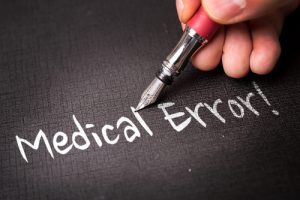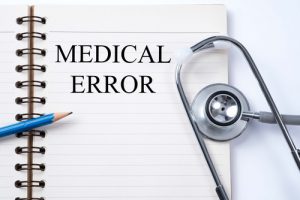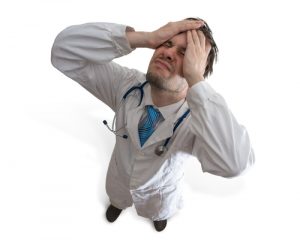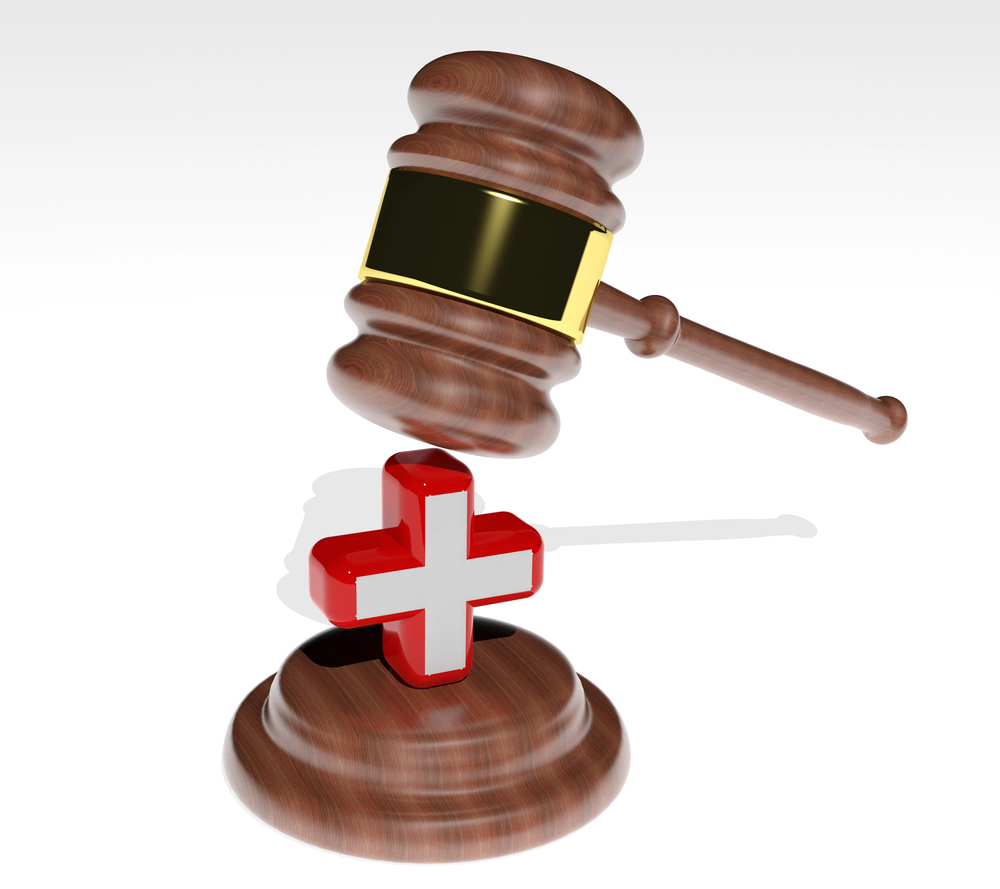Malpractice in healthcare is caused by a variety of reasons. People are human and doctors and healthcare professionals are no different. For the same variety of reasons that mistakes and errors plague people in other professions, they so to can plague medical professionals. The only issue is with health, the stakes are much higher. Doctors and healthcare professionals have to minimize errors. Perfection or close to it is necessary.

The article, “What Are the Causes of Medical Malpractice?” by Michael Langton looks at common errors in the medical profession and how they can lead to injury or physical damage. He states,
“While errors are understandable, negligent mistakes that cause serious injury or death are known as medical malpractice. When medical malpractice occurs, this opens up a physician to legal action should the victim or their family choose to sue.”
To read the entire article, please click here
Please also review the Legal Nurse Consulting Certification from the American College of Legal Nurse Consulting and see if it matches your professional goals as a legal nurse.









